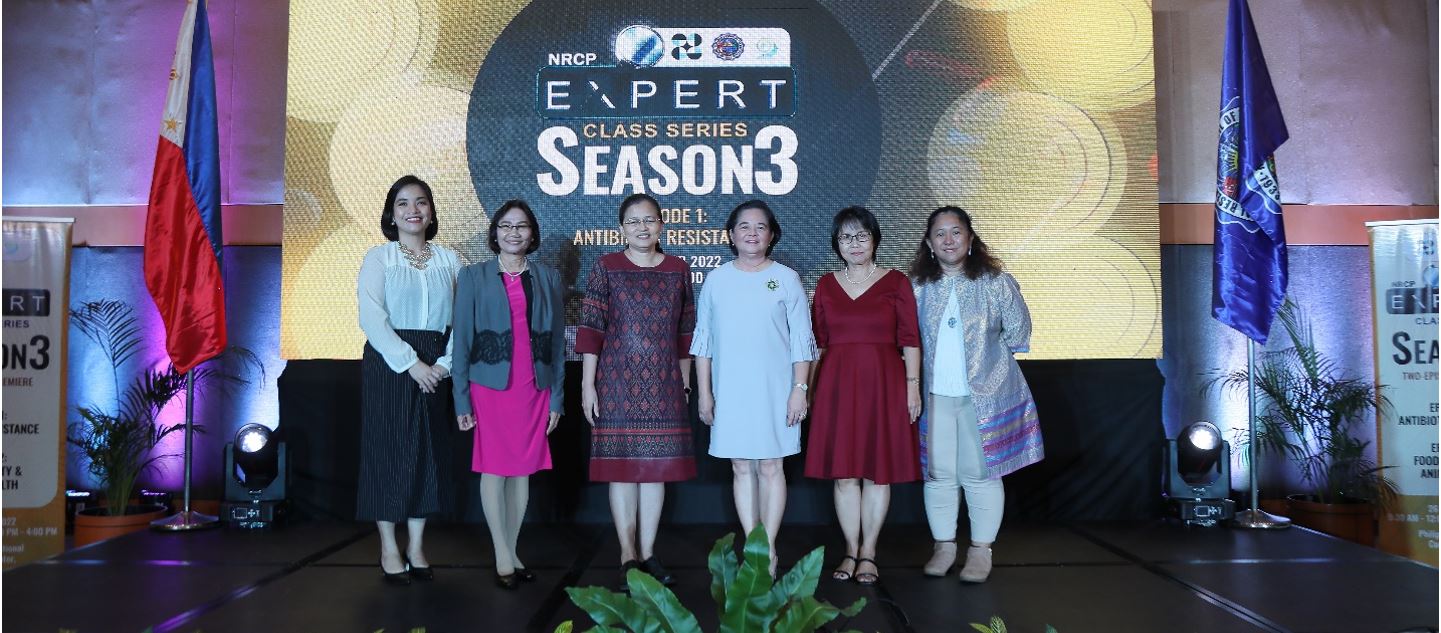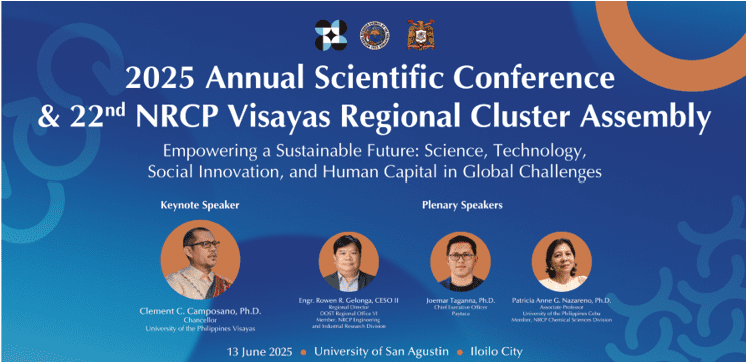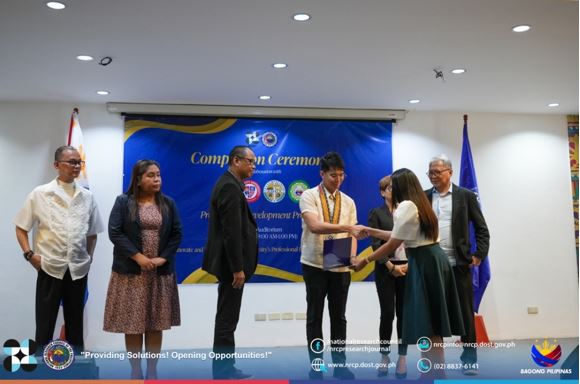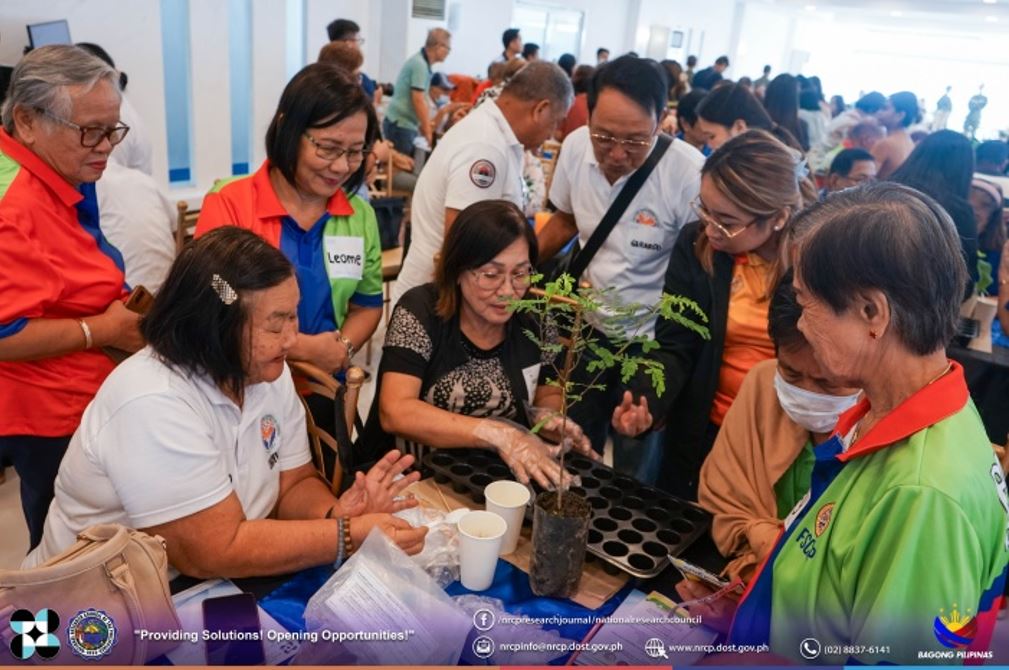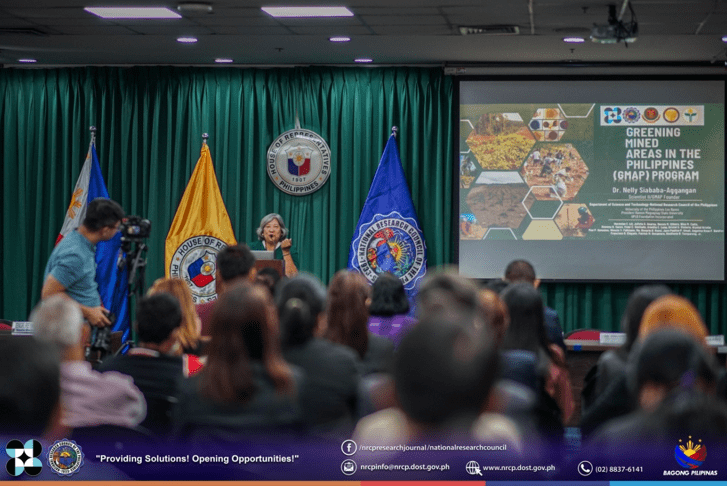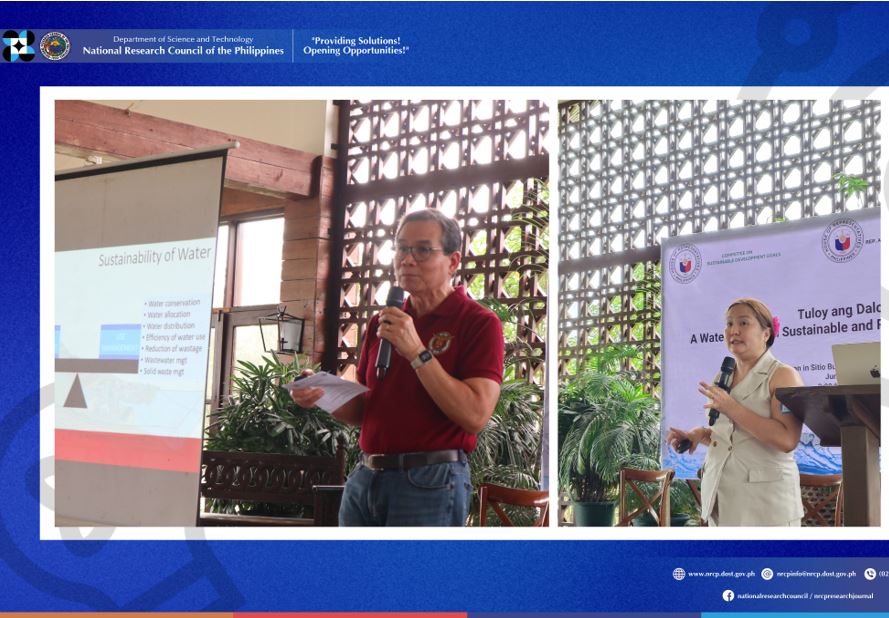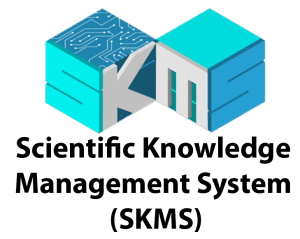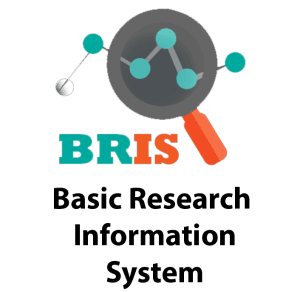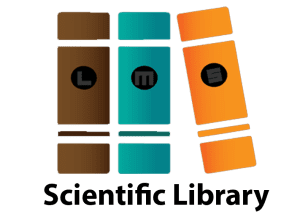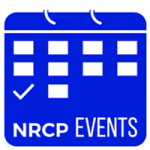Dr. Nelly S. Aggangan, Regular Member of NRCP Division of Agriculture and Forestry took a dauntless move to restore barren land of the cities of Claver and Placer, Surigao as she championed the Greening Mined-out Area in the Philippines (GMAP) Program of the NRCP. With the GMAP Program, she developed a microbial-based protocol that effectively rehabilitate acidic soils with the aid of indigenous microbes to promote plant growth.
This warning was shared at the opening of the National Research Council of the Philippines (NRCP) Expert Class (EC) Season 3 last year at the Philippine International Convention Center (PICC), Pasay City where NRCP experts discussed recommendations to combat drug-resistant infections and prevent staggering number of deaths every year.
“AMR occurs when bacteria, viruses, fungi and parasites change over time and no longer respond to medicines making the infections harder to treat and could lead to increasing the risk of disease infection, severe illness and death,” explained Ms. Carmela D. Barcelona, Technical Coordinator for Antimicrobial Resistance of the World Health Organization (WHO) Country Office- Philippines, a subject matter expert.
“The misuse or overuse of antimicrobials in humans and animals are the main reasons for AMR,” she explained.
Another expert, Dr. Esperanza C. Cabrera, NRCP Division of Biological Sciences, Full Professor and University Fellow of the De La Salle University, added that there should be more efforts to deal with increasing AMR given that few antimicrobials are being developed. Treatment failure and the high prevalence of multiple drug resistant (MDR) microbial strains worsen the issue.
“The rate of development of AMR outpaces the speed of development of new antimicrobials. It takes about 10 years before a new drug reaches the market”, Ms. Barcelona said.
In response, Dr. Maria Stephanie Fay S. Cagayan, NRCP Division of Medical Sciences, Professor 12 of Pharmacology and Toxicology of the University of the Philippines, reported that plants can be a solution.
“Plants are equipped with an array of effective defense mechanisms such as the production of secondary metabolites to combat pests and pathogens before they are able to cause serious damage,” Dr. Cagayan said.
She said that before the advancement of pharmacology and genomics, around 80% of drugs used in western medicine were either obtained from or inspired by natural products. Natural products ushered many developments in organic chemistry leading, advancing synthetic methodologies. There methodologies were key in developing several analogues of lead compounds with therapeutic potential.
Dr. Cagayan also reported that 10 medicinal plants were approved for treatment by the Department of Health (DOH) namely: Allium sativum (Garlic/Bawang), Blumea balsamifera (Nagal camphor/sambong), Cassia alata (Ringworm bush/akapulko), Clinopodium douglasii (Mint/yerba Buena), Ehretia microphylla (Scorpion bush/Tsaang Gubat), Momordica charantia (Bitter Melon/Ampalaya), Peperomia pellucida (Silver bush/ulasimang Bato), Psidium guajava (Guava/Bayabas), Quisqualis indica (Rangoon creeper/niyug-niyogan), and Vitex negundo (Five-leaved Chaste Tree/lagundi).
Furthermore, Dr. Cagayan stated that combating AMR does not rely only on the hands of health practitioners but also public participation. She then recommended the following:
- Engage other sectors beyond the human and animal health sectors;
- Compliance with Global Antimicrobial Resistance and Use Surveillance System (GLASS) towards integrated AMR surveillance across sectors;
- Strengthen regulatory mechanisms on antimicrobial use in the animal health sector;
- Promote antimicrobial stewardship in primary care across communities; and
- Track results and impact through continuous monitoring and evaluation.
“Antibiotics aren’t always the answers, always seek the advice of healthcare professionals before taking any antibiotics. Think twice. Seek advice,” said Dr. Cagayan in closing.
Urgent actions to combat this global health problem are required to prevent more AMR
